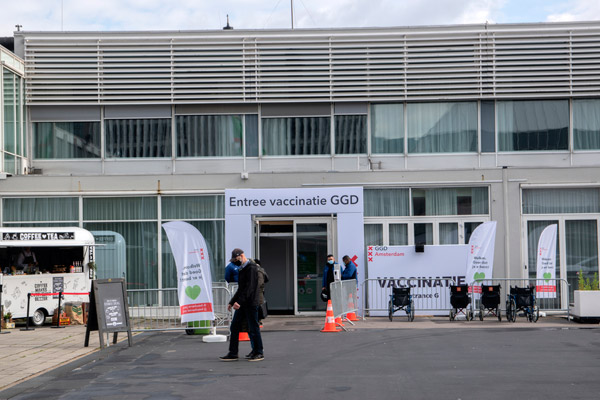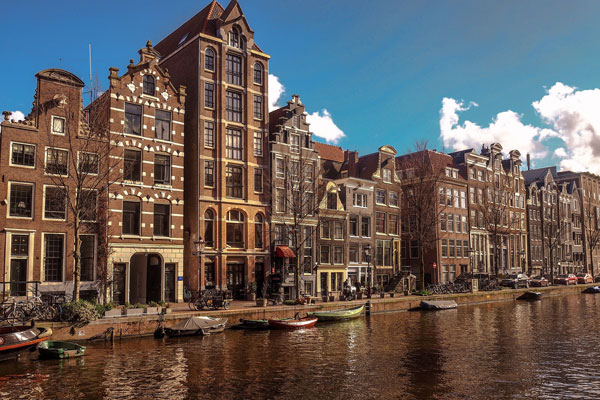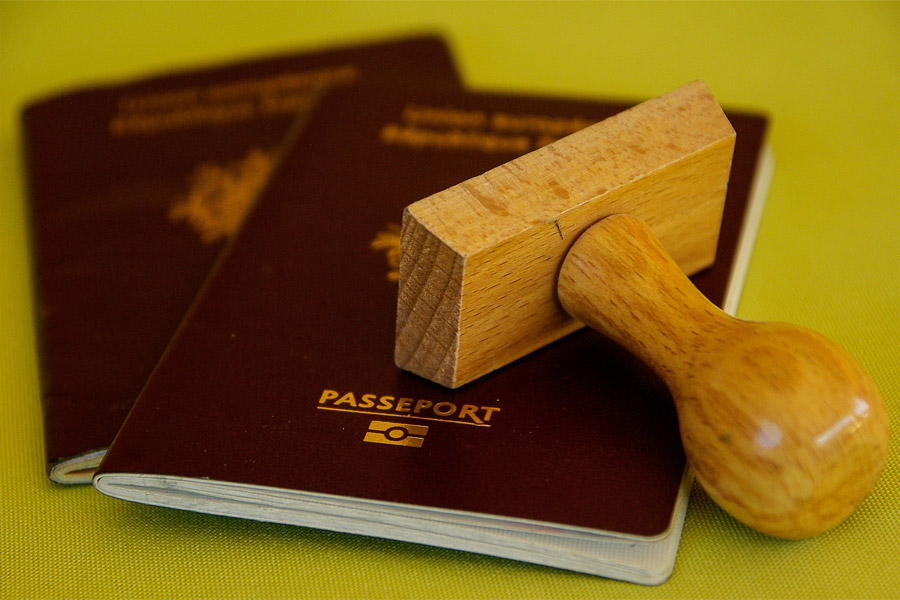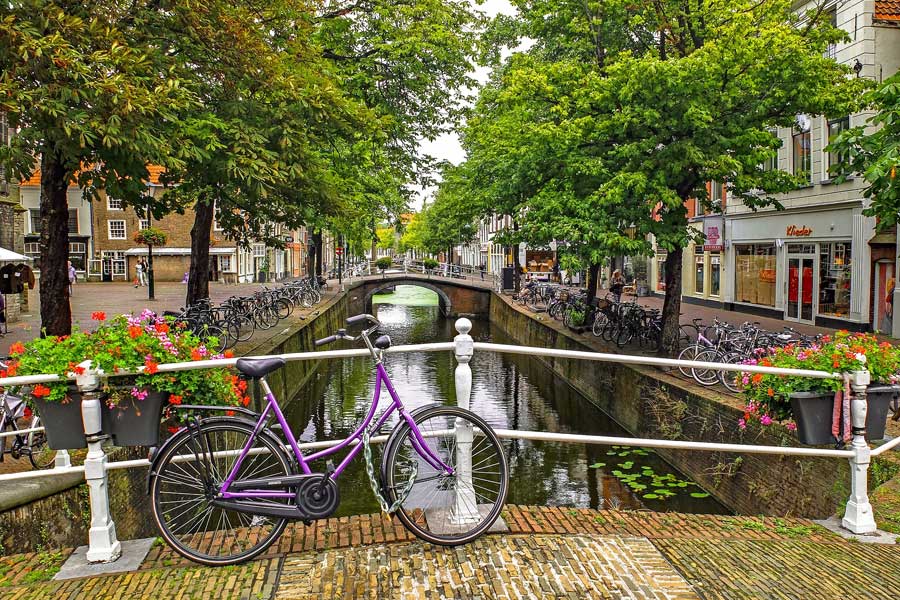Types of Dutch permanent Residences
Three types of Permanent residences are applicable in the Netherlands according to the person’s status and situation: one is the EU long term residence, secondly a permanent residence on the basis of national grounds and lastly permanent residence for those holding an EU country passport (alongside their family members).
Benefits of holding a Permanent Residence
Having a PR in the Netherlands has many benefits. Perhaps the most important is that you are no longer required a visa with a specific purpose in order to stay in the Netherlands. Further, the permanent residence can only be cancelled should you reside outside of the Netherlands for an extended period of time, or by committing a serious crime. Lastly, employers can view you as a Dutch citizen as you no longer require a work permit to work in the Netherlands.
Video: How can I become Dutch through naturalisation
A Video of the Immigration and Naturalisation Service (IND)
How to acquire a permanent residence as a non-EU expat?
In order to acquire the permanent residence as non-EU expat you would need to have resided in the Netherlands for a period no less than 5 consecutive years with a valid residence permit, in which you have always renewed your residence permit on time (no residence gaps). The IND (immigration and naturalization desk) will then decide which PR permit you qualify for
Sufficient sustainable income
You need to have enough income to sustain yourself. The average amount is attuned at most two times every year (once in January and another time in July). Income is considered sustainable if you continue to receive income for the next twelve-month period.
If your contract is temporary (lasting less than 12 months), your income can still be considered sustainable if you fulfill the needed criteria required for these 2 categories:
A sufficient salary means a salary that meets the criteria set by IND for the that specific year. This can be shown via payslips.
Language certification
The third requirement to receiving a permanent residence in the Netherlands is integration. Integration is tested through a civic official integration exam (Inburgeringsexamen). The Dutch government has recently increased the Dutch language requirement for attaining a permanent residence from level A2 to B1.
That being said, the rule has not yet been put into motion as such for the year of 2022, the language requirement remains at A2 (it is also to be noted that an exemption of the integration requirement may be put into place at certain instances).
Purpose of stay
When applying for a permanent residence it is not possible to be a holder of a temporary residency (that is a residence permit with temporary purpose of stay).
There are many examples of temporary purpose of stay these include but no limited to: au-pair, exchange students, corporate transfer employees, orientation year for the highly educated. Lastly, having no criminal record, or the likelihood to be a threat to the order, and a registration at the municipality (that is have a BSN number) and a health insurance is crucial.
Requirement for the application
The specific documents needed may slightly vary depending on the type of permit you are applying for. Generally, you will be required to provide the following documents, translated into Dutch, English, French, or German:
It is essential to submit your application within three months before your current residence permit expires. The IND (Immigration and Naturalization Service) will then inform you of their decision within six months (90 days for EU/EFTA citizens’ applications). Once your permit is ready, you will need to make arrangements to collect it promptly.
Costs
As of now, the fees for obtaining permanent residence in the Netherlands are as follows:
Please note that these fees are non-refundable, regardless of whether the IND approves or rejects your application. The fee is charged to cover the processing costs of your application.
Where to apply
The application for the permanent residence permit can be sent directly via the IND’s website.








